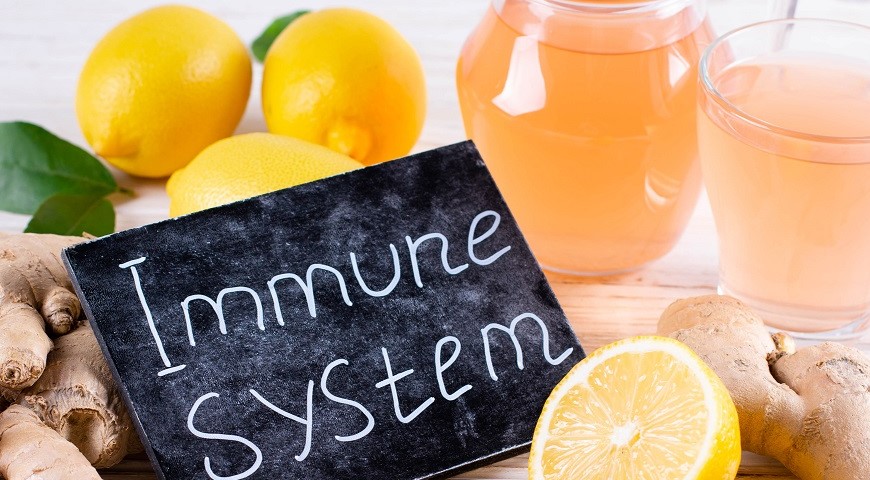

We have all heard advertisements about vitamin C supplements claiming to boost immune function, which is true but sometimes misleading. If you look at the evidence and ask a doctor, he would likely recommend vitamin C as a nutrient but disagree on certain aspects.
Medical sciences keep growing every day, but we have enough understanding of vitamin C to know what to expect, according to the most recent evidence. That is the topic we are covering in this article.
Health properties we all know about vitamin C
I think most of us know about vitamin C and heard that it is an excellent immune booster. It does so by promoting antioxidant potential in the body, speeding up the formation of immune cells, and allowing them to move faster in the blood.
But besides its immune properties, vitamin C has much more to offer:
• It contributes to the formation of collagen in the skin, controlling elasticity problems
• It maintains cartilage and bone tissue, favoring their growth
• It speeds up the absorption of iron
• Some studies suggest that vitamin C makes your urine acid, which is helpful to fight urinary tract infections
Is it beneficial to prevent influenza and respiratory infections?
Vitamin C is truly a wonder and a safe supplement. You need to reach extremely high doses to experience toxic effects, which is almost impossible if you’re consuming natural sources.
However, is there a limit to what vitamin C can do against respiratory infections? As noted above, vitamin C improves immune function in general. But immunity is a complex interplay of thousands of cells and substances, and one nutrient won’t activate all of them at once.
According to researchers, what vitamin C does against respiratory infections is activating the immune system after detecting the disease. In other words, you can still get the infection. However, the symptoms will not be as severe, and the recovery time shortens considerably.
That’s why vitamin C is recommended for people who engage in strenuous exercise and those with a weakened immune system. It might not always be enough to prevent the infection, but it will definitely help you recover faster.

The most reliable source of vitamin C
We mentioned above that reaching a toxic dose of vitamin C is nearly impossible. At least not if you’re using natural sources such as oranges, strawberries, and broccoli. These fresh sources are always better than supplements. Why is that? Because fresh food has bioflavonoids. They favor vitamin C absorption and work synergistically with vitamin C to boost immune function.
However, keep in mind that heat can denaturalize vitamin C. Thus, always prefer to eat vitamin C-rich sources raw or in juices instead of cooking or storing them for a very long period. Fresh is always better unless you need a massive and controlled dose of vitamin C due to a severe case of deficiency. Thus, why don’t you support your local farmers at the market and get your daily immune system boost? You may still experience seasonal respiratory infections every now and then, but they won’t last for long, and your symptoms won’t be as severe.
“The human body has been designed to resist an infinite number of changes and attacks brought about by its environment. The secret of good health lies in successful adjustment to changing stresses on the body.” – Harry J. Johnson
MEDICAL DISCLAIMER
This content is for informational and educational purposes only. It is not intended to provide medical advice or to take the place of such advice or treatment from a personal physician. All readers/viewers of this content are advised to consult their doctors or qualified health professionals regarding specific health questions. The Green Naturopath takes no responsibility for possible health consequences of any person or persons reading or following the information in this educational content. All viewers of this content, especially those taking prescription or over-the-counter medications, should consult their physicians before beginning any nutrition, supplement or lifestyle program.





